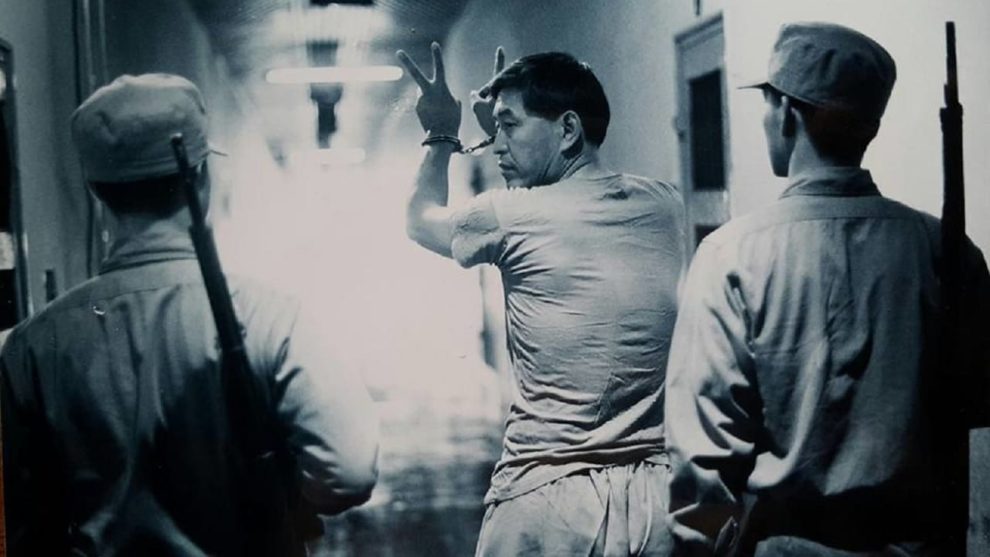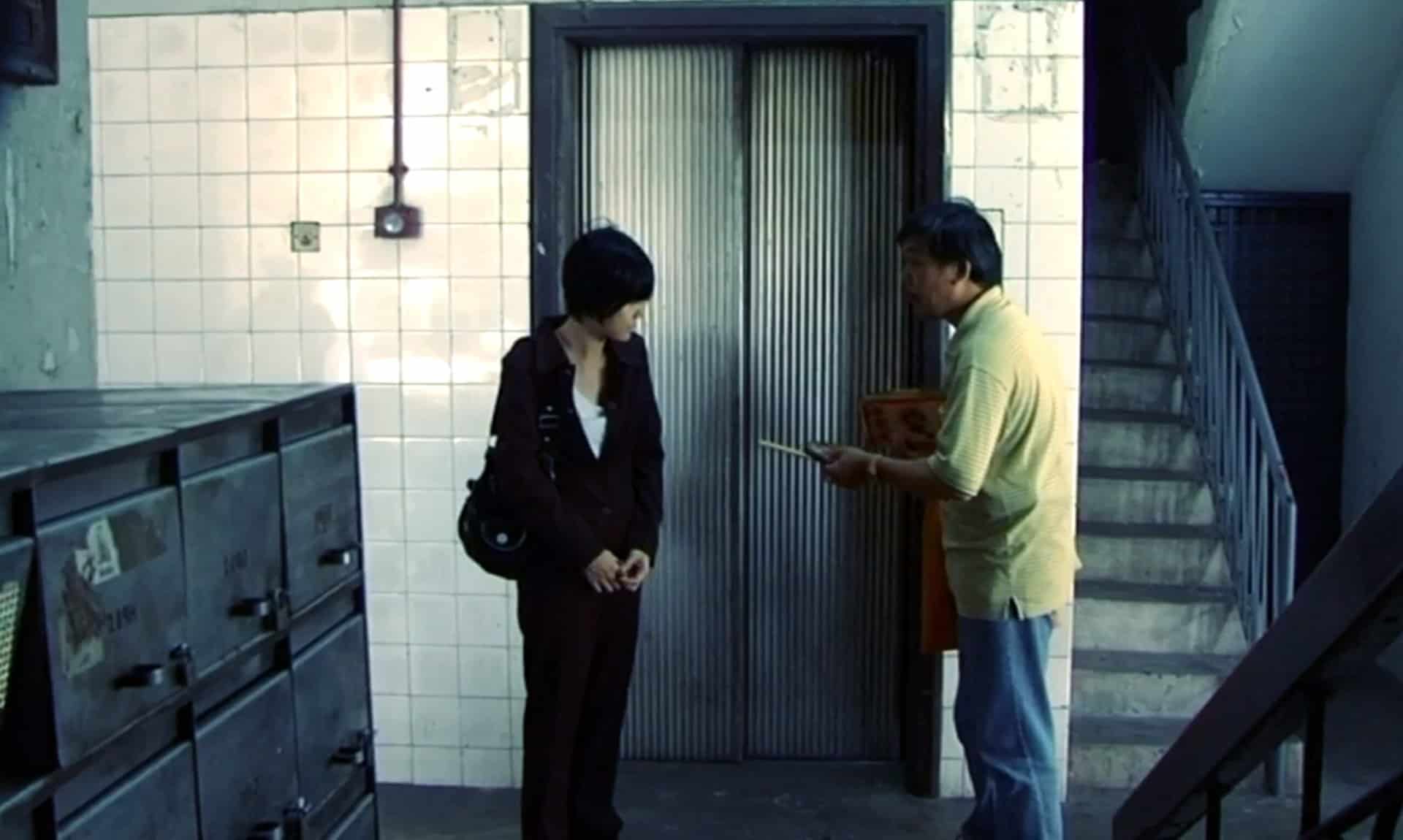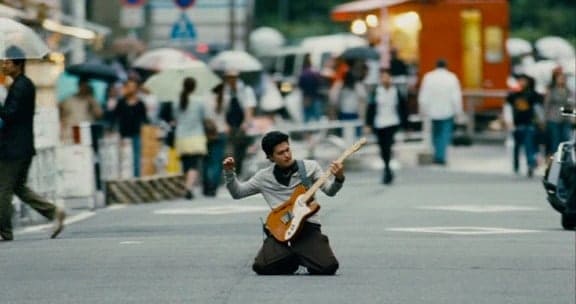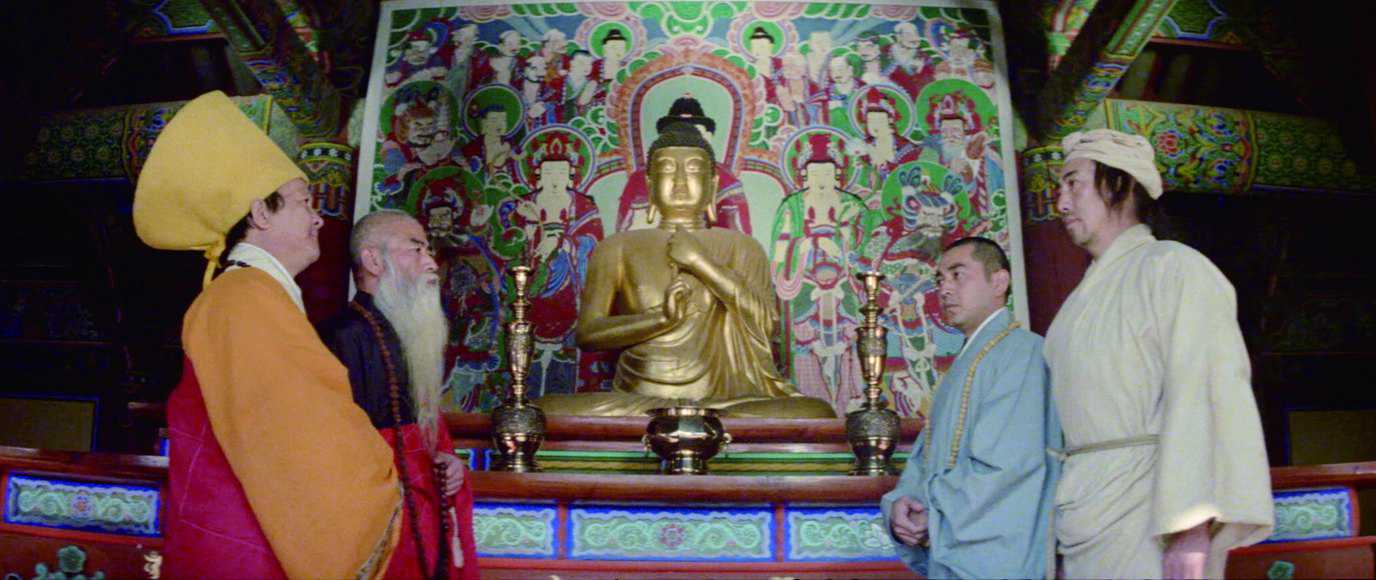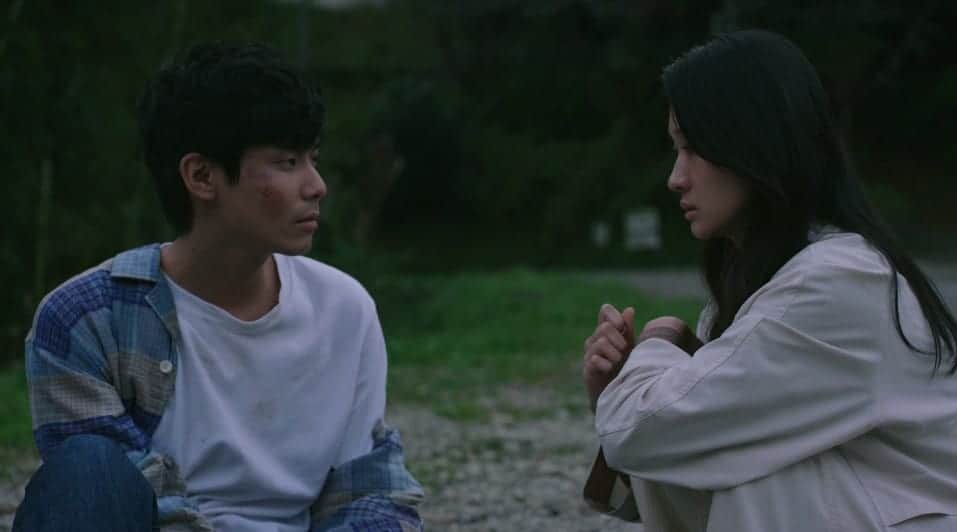Selected as the Taiwanese entry for the Best Foreign Language Film at the 68th Academy Awards, “Super Citizen Ko” presents the various consequences of the 38-year period of the White Terror, through the memories of a man who tries to make sense of the present, without being able to forget the past.
“Super Citizen Ko“ is screening at Taiwan International Film Festival Berlin
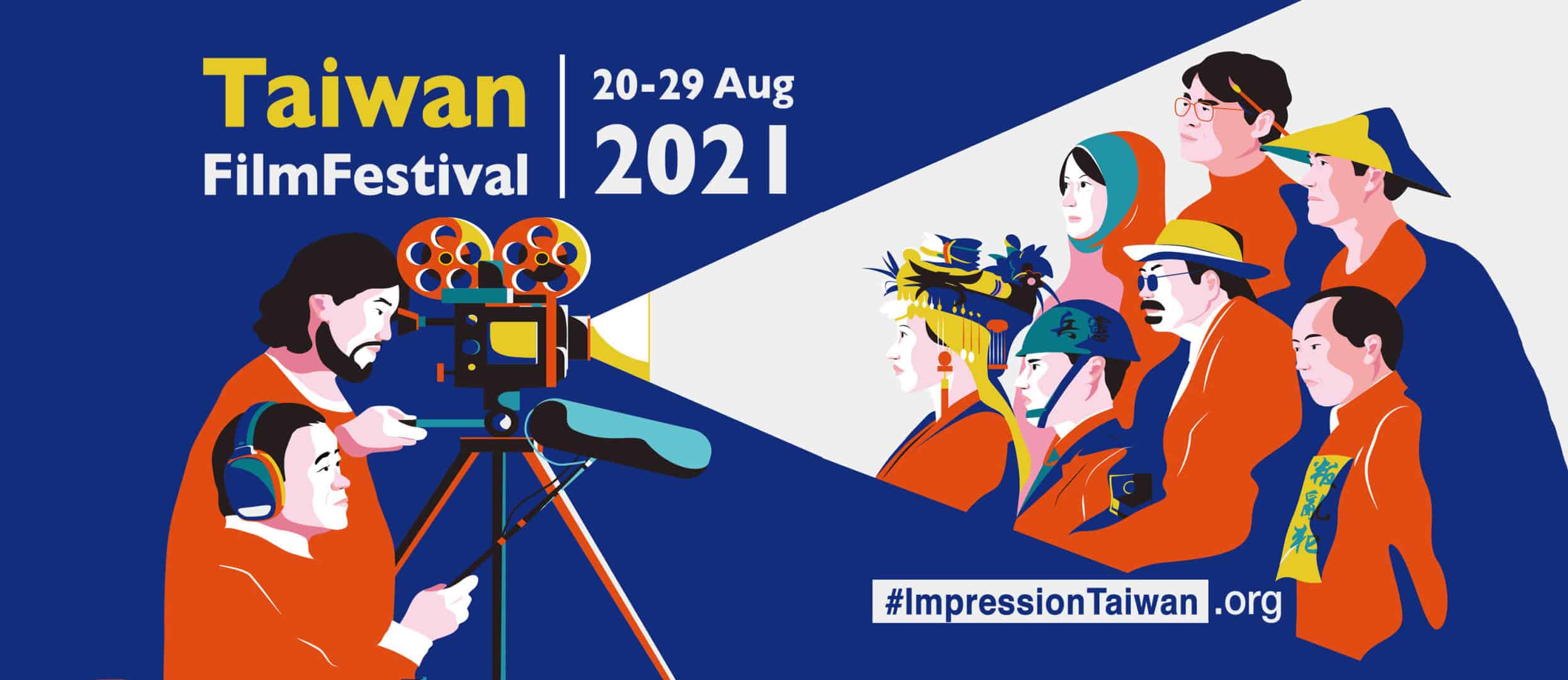
After a rather impactful introduction featuring the execution of a number of people wearing white shirts, Wan Jen introduces us to the titular protagonist, who has come to live with his daughter, after 16 years in prison for leftist activity followed by more than a decade in a secluded nursery home. Despite his declining health, and his daughter's effort for some sort of proper reconnection, the only thing in Ko's mind is finding what happened to his friend from the 50's, Chen, who was also arrested for subversive activities. His trip down memory lane and, at the same time, the present, brings him across a number of former colleagues, one of which is a sax player in a band, one is half-mad, and the officer who arrested him, a noodle stand owner. As the news on TV show continuous cases of political corruption, violence in the parliament and demonstrations on the street, Ko wonders if his past actions had even the slightest impact, in a Taipei that seems to have forgotten about the White Terror, with the turning of the execution grounds of Machangding to a park highlighting the fact in the saddest fashion.
As the story progresses, both in his past and his present, the problems he caused to his family with his actions also come to the fore, as much as his daughter's bitterness for his behaviour towards her and her mother.

Wan Jen gets a rather impactful performance from veteran Lin Yang, whose eloquent sadness and the overall portrait of a broken, in various ways, man, sets the tone for the whole movie, as we watch him moving both aimlessly and purposefully towards answers that seem to have become completely irrelevant for everyone but him. The road trip aspect benefits the most by the excellent lensing of Shen Jui-yuan, whose long shots and overall framing are a true pleasure to watch. Particularly the scene on the beach and the one with the candles in the bamboo grove will definitely stay in the mind of every viewer.
His trip is interspersed with flashbacks in black and white from his and Chen's past, that show both his political activity, and his disregard of his family in front of his political goals and ideals, in an aspect that is both rather sad and communicates one of the main comments of the movie, that any kind of resistance and effort for change demands sacrifices, that frequently extend much further than just the individual. Chen Yen-chiu as his wife gives another great performance as the embodiment of “collateral damage” deriving from the aforementioned comment. The scene with the divorce in particular speaks volumes, especially due to her lack of reaction, which showcases, however, her overall mentality at the time quite clearly.
The aspect focusing on his relationship with his daughter is placed in the background for the most part, although the excellent editing by co-writer and co-producer Liao Ching-song keeps it from becoming irrelevant through timely placements in the narrative. The same applies essentially to the whole film, with the placement of the flashbacks and the facts and figures of the era which are presented with on-screen text in black font, being ideal. At the same time, however, the movie becomes a bit too much Hou Hsiao Hsen-esque, with a number of scenes that linger for no apparent reason, or seem almost completely unnecessary, without including the beauty or artfulness that characterized the composition of the Taiwanese master.
Overall however, the poetry of regret and the presentation of the political past and present of Taiwan are quite artfully portrayed and combined, resulting in a film that is quite pleasant to watch, at least for the most part, both for the eloquence and the information it shares.


